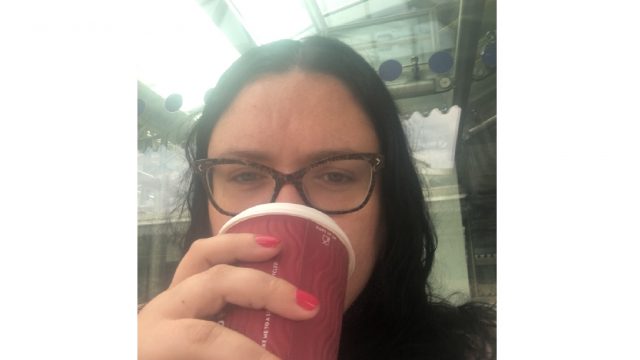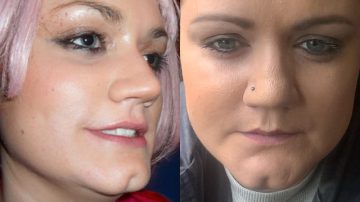It’s something I think we’re all guilty of at times; we see someone while we’re walking somewhere and ask how they are without stopping to hear their answer.
People most often say “Fine thanks, how are you?”
Do we ever answer honestly, and how do people react if you share with them that things aren’t going so well?
I struggle with my mental health and despite this I nearly always say “Fine thanks” when someone asks how I am. This is based on experience of telling people how I really am and them not knowing what to say.
When my very close friends ask how I am, I often reply “I’m up and down.” I have bipolar II disorder, so this is usually a fair and honest description of how I really am. I very rarely go into detail though.
Many people I’ve met in my life don’t realise that my bipolar depression isn’t linked to what’s going on in my life. Obviously, life events have an impact, but my life can be going really well but I still feel down. People have often asked me “What are you down about?” and struggle hearing my answer when I say I’m feeling down for no particular reason.
I have lost friends when I’ve been honest in a period of being unwell.
I once bumped into a friend I had lost touch with. When she asked how I was I replied with the predictable “I’m fine.” This particular friend hadn’t seen me at my worst before and commented “You don’t look very happy.” I reiterated my false answer and unconvincingly assured her I was fine. I knew this friend was studying psychology, so when I reflected on our encounter later, I regretted not being honest with her and thought she would maybe understand. I decided to text her and tell her how I really was. I never received a reply, and the next time I saw her on the University campus she ignored me when I said hello!
On one occasion I had told some old friends I was fine and met up with them for a night out. When I’d had a few drinks my masked slipped and I started telling them that I was having a hard time and got very upset and behaved strangely. I apologised for my behaviour but sadly that night ruined our friendship and despite my efforts to keep in touch I have now not spoken to them for 13 years.
I think we should all be able to answer honestly when someone asks how we are. But I’ve learned from experience that this can have negative consequences. Despite advocating for honesty and openness about mental ill health, I think I’ll still continue to lie when people ask after me.
Next time you ask someone how they are, and they reply that they’re fine, consider asking a follow-up question such as “how are you in yourself.” Be prepared for their honest answer and only ask if you have the time and energy. When I’ve been prompted to give a fuller answer, people have at times look at me as if I’d sprouted another head.



